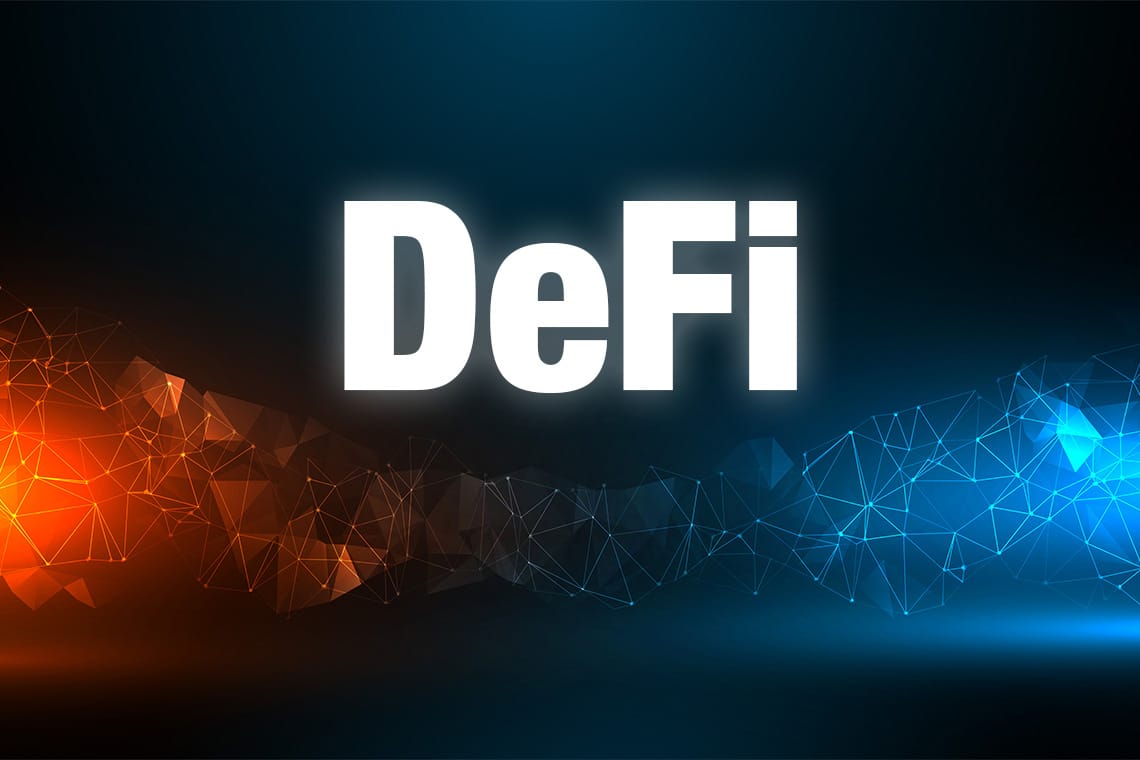CFTC Chairman Heath Tarbert called DeFi “revolutionary”.
He did so during a video interview with Michael Casey as part of the Invest Ethereum Economy that took place yesterday.
The interview focused on the Ethereum ecosystem and decentralized finance, and in particular on how it deals with US securities and commodity laws, as well as the agency’s recent actions against BitMEX.
Tarbert, despite his high-level institutional role, has in fact never hidden the fact that he is fundamentally a supporter of the innovations generated by the crypto sector, to the extent that he approved the first derivatives contracts based on Ethereum in the United States.
During the interview he explicitly said:
“The whole idea of DeFi really is, number one, it’s obviously revolutionary, and I think at the end of the day could lead to a massive disintermediation of the financial system and the traditional players. And ultimately, [it] could potentially even reduce systemic risk in some ways because we don’t have the finance system concentrated in these large globally, systemically important institutions”.
He admitted, however, that this process is not fast, and could take several decades to unfold, and he nonetheless urges the parties involved to ask questions about the resilience of the network.
In particular, assuming the hypothesis that the financial system migrates to Ethereum, one wonders what could happen if this network were to go offline.
In any case, he said:
“Let me just basically say how impressed I am by Ethereum, full stop, period”.
Heath Tarbert and the legal problems of DeFi
However, Tarbert did not answer the question about regulatory compliance of DeFi assets, stressing that this could depend on what individual smart contracts do, and how tokens are distributed.
For example, about Uniswap’s UNI he argues that it might have some characteristics of a security, but it also has significant differences, since for example tokens are distributed free of charge.
Whereas about Yearn Finance (YFI) the concerns would relate to the tokens in the hands of the founders, and therefore the possible risks of market manipulation.
Returning to Ether (ETH) instead, he said that the more decentralized it becomes, the more likely it is to fall into the commodity category, and not the security category.
Tarbert also mentioned that, in addition to BitMEX, there might be other crypto exchanges under observation due to similar problems, but he did not reveal which ones.
He then also said:
“I want the U.S. to lead in digital assets. What we want, our desire is to create an environment where innovators in digital asset exchanges can grow up here in the United States, they can come to places like the CFTC and get a license and they can benefit from our regulatory regime. What we don’t want to see are offshore exchanges that are effectively flouting U.S. laws”.




